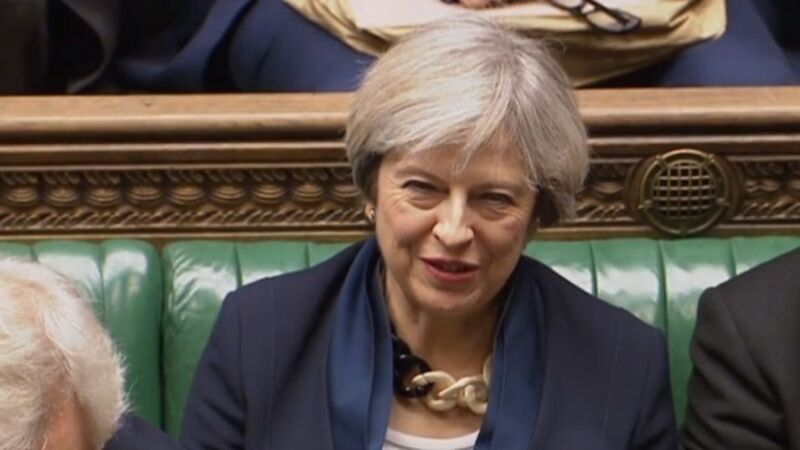Brexit ruling: PM Theresa May can’t bypass MPs and peers to trigger Article 50

The court ruled, by a majority of eight to three, that British prime minister Theresa May cannot lawfully bypass MPs and House of Lords peers by using the royal prerogative to trigger Article 50 of the Lisbon Treaty to start the two-year process of negotiating the UK’s divorce from its EU partners.













